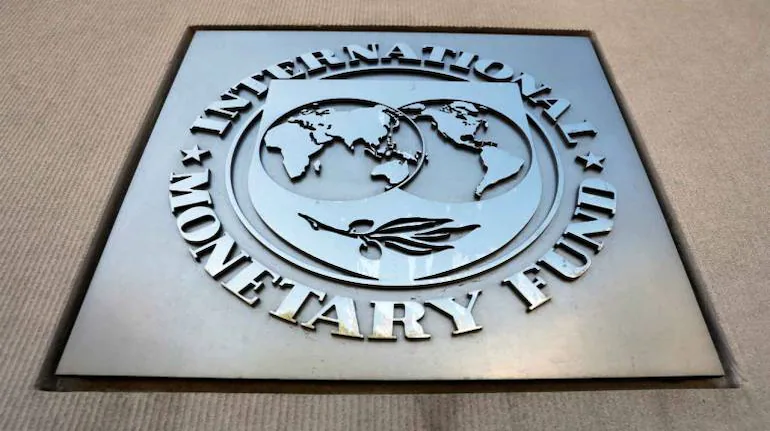The International Monetary Fund (IMF) has expressed optimism regarding the progress of Sri Lanka’s debt restructuring process, stating that it expects it to be completed by September. This coincides with the timeframe for the IMF’s formal review of the bailout facility it extended to the cash-strapped nation. The IMF recently approved a nearly USD 3 billion bailout package to assist Sri Lanka in stabilizing its economy, which was severely impacted by a devastating economic crisis in the previous year.
Krishna Srinivasan, the IMF’s director for the Asia Pacific region, provided insights during a press briefing. He conveyed the IMF’s hope that Sri Lanka’s debt restructuring process would be finalized by September, aligning it with the scheduled first review. The successful completion of this process is crucial for Sri Lanka to address its mounting debt burden and restore economic stability.
Sri Lanka has been grappling with significant economic challenges, including a rising debt burden and declining foreign exchange reserves. The pandemic further exacerbated the country’s economic woes, resulting in a severe downturn. In response to these difficulties, Sri Lanka sought assistance from the IMF to implement reforms and establish a foundation for sustainable economic growth.
The approved bailout package aims to support the country’s recovery efforts and implement essential reforms. It is expected to provide much-needed breathing space for Sri Lanka to address its immediate fiscal and external financing needs. The funds are intended to bolster the country’s foreign exchange reserves, stabilize its currency, and promote macroeconomic stability.
In addition to financial assistance, the IMF’s support comes with conditions aimed at addressing the structural issues underlying Sri Lanka’s economic challenges. These conditions typically involve implementing fiscal reforms, improving governance, and enhancing transparency in public finances. The successful completion of the debt restructuring process will be a key milestone in meeting these conditions and unlocking the full potential of the IMF bailout facility.
Sri Lanka’s debt restructuring process entails renegotiating and refinancing its outstanding debts to achieve a more sustainable and manageable debt profile. By extending the maturity of its debts, lowering interest rates, and securing favorable terms, Sri Lanka aims to alleviate the burden of debt servicing and create fiscal space for necessary investments in key sectors.
The completion of the debt restructuring process is essential not only for Sri Lanka’s immediate economic stability but also for restoring investor confidence. It is expected to unlock additional financial support from multilateral institutions and attract private sector investments, which are vital for the country’s long-term development.
The IMF’s positive outlook on the debt restructuring process indicates its confidence in Sri Lanka’s commitment to implementing the necessary reforms and addressing its economic challenges. The completion of the process by September would demonstrate significant progress and position Sri Lanka favorably for the first review of the IMF’s bailout facility.
While there are undoubtedly challenges ahead, including navigating complex negotiations with creditors and implementing structural reforms, the IMF’s continued support and guidance will be instrumental in Sri Lanka’s journey towards economic recovery. The successful completion of the debt restructuring process will provide a solid foundation for the country to move forward, stabilize its economy, and set a course for sustainable growth.




